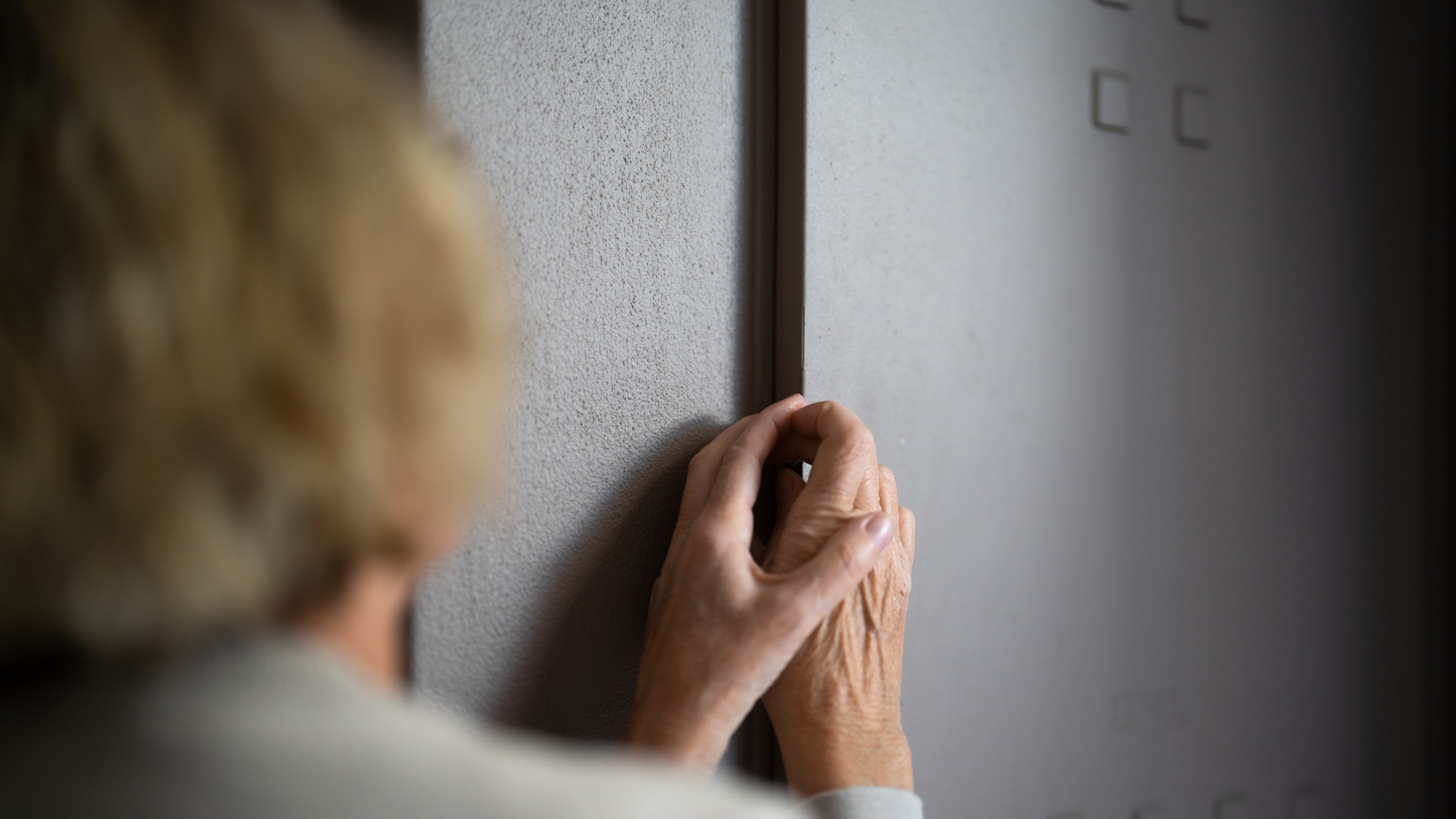
HIGHER INCOME HOUSEHOLDS ACROSS NSW INCREASINGLY STRUGGLING TO STAY ON TOP OF THEIR ENERGY BILLS
A growing number of households are struggling to pay their water, gas and electricity bills, with more people on higher incomes facing their power being cut off.
A new report from the Public Interest Advocacy Centre (PIAC) found that working families and households with mortgages in 2023 were increasingly impacted by payment difficulty for the essential services.
PIAC surveyed more than 1,000 people in NSW last year who had experienced, been notified of, or were worried about disconnection.
[chart replacement - main income]It found a greater representation of people from middle and high-income groups were now at risk compared to its past surveys, including 20 per cent of disconnected households earning incomes over $120,000.
Houses with mortgages increased by 13 per cent compared to 2018, forming 31 per cent of disconnected households in 2023 — the highest proportion since the Global Financial Crisis.
Senior PIAC policy officer Thea Bray said the breadth of energy bill struggle painted a concerning picture of the reality of unaffordable energy bills.
[chart 2 - annual income]While people on lower incomes continue to be over-represented, Ms Bray said the findings now reflect that "just about every household is vulnerable to payment difficulty and disconnection".
"I think it's just telling of what's happening for people right now, that this is a problem that can happen to anyone," Ms Bray said.
Hundreds of homes cut-off as people going without
On average just over 250 households a week during the 2022-23 financial year had their energy disconnected, according to data from the Australian Energy Regulator (AER).
The Energy and Water Ombudsman NSW said significant energy price rises, mortgage and rent increases, as well as overall cost of living impacts had led to "many in the state facing affordability challenges for the first time" in its latest annual report.
Anglicare Sydney head of food and financial assistance Paul Fitzpatrick said he was seeing a "lot of struggle at the moment".
"We have a lot of inquiries from people seeking assistance with their utility bills," he said.
Mr Fitzpatrick said he was seeing a broader cross-section of society — "people from all walks of life" — seeking assistance at the moment.
"Services are already struggling to meet needs and support those who need help the most," he said.
"So when more people are seeking help, that's harder for us and harder for all of society, and our hearts are with everyone who's looking for assistance, whether it's the first time or not."
Nearly 65 per cent of people worried about energy disconnection told PIAC it was generally hard to find money to pay bills when they were due.
[chart 3 - contributions to household debt]Respondents in that group said they were cutting back on groceries, borrowing money from loved ones, and delaying or missing other important payments to keep the power on.
Ms Bray said "lumpy and unpredictable" billing can often lead to spikes particularly over summer and winter.
"For some households, it's not necessarily that they don't have the money, they just don't have it at the time that the bill is due — that big quarterly bill that's quite a large amount," she said.
Mr Fitzpatrick said struggling households said food was often the first essential to be scaled back.
"We're often talking to people who are going without a meal ... because a particular bill was due that week," he said.
"It shouldn't be a choice between paying your energy bills and choosing food," Ms Bray added.
Where can people go for help?
In May, the AER launched a review of payment difficulty protections to identify whether change was needed to ensure consumers were "proactively identified, engaged early and supported appropriately".
NSW Energy Minister Penny Sharpe said she encouraged everyone to check their eligibility for rebates to help receive the support they need.
"The NSW government understands many people are doing it tough at the moment as cost-of-living pressures continue, which is why we increased the values of all our electricity rebates for NSW households during the most recent state budget," Ms Sharpe said.
Families and seniors in the state were eligible for a $250 rebate, while low-income households and people with medical conditions could receive $350.
This is in addition to a federal $300 energy relief payment for every household that will automatically be taken off, but is applied quarterly.
Mr Fitzpatrick said people concerned about their bills should "start somewhere" when in doubt.
"There are hotlines, both government and private agencies like Lifeline, start somewhere and they will help you find the help you need," Mr Fitzpatrick said.
"It's normal to struggle sometimes in life and need help with these things, and we would encourage people to reach out if they do need that help."
Ms Bray said people should contact their retailer for assistance about how best to manage energy usage, before cutting back on it.
She recommended asking energy retailers to share their best offer, and knowing what you can afford to put down for a payment plan.
"Contact your retailer and say, 'I need to go in to a hardship program' ... and also be aware that they can do things like payment matching ... to help you bring your debt down," she said.
"A lot of people are experiencing this — you're not alone in experiencing this."
Cost of living: Ask us a question or share your story